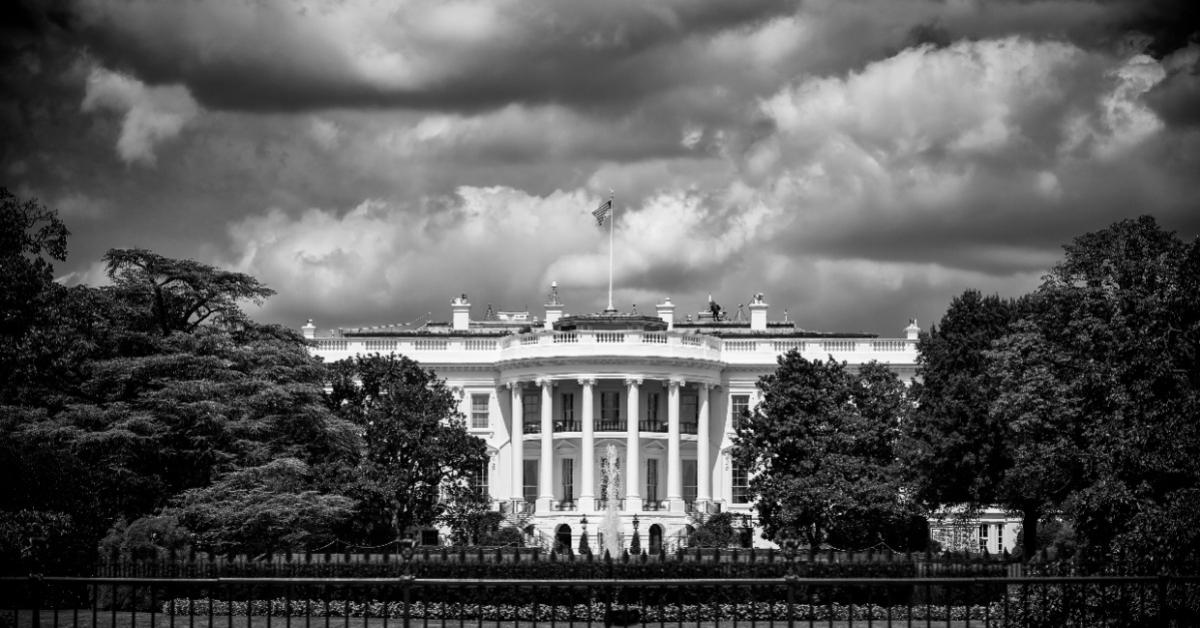
Nigel Biggar, a recently retired professor of theology at Oxford University, has never shunned controversy, as the title of one of his books, In Defence of War, suggests. In this week’s column, I’d like to examine an article of his, “A Christian Defense of American Empire,” that appeared in the October 2022 issue of First Things. As you might anticipate, I disagree with the article, but I’d like especially to call attention to an odd feature of it, other than the failure of its defense of the American empire. This feature will emerge in due course.
Biggar is entirely in the right that an American empire exists. He says,
Americans instinctively think of themselves as anti-imperialist…. Yet, in one of the ironies of history, America itself accumulated a considerable empire during the twentieth century, especially in its final decades. The American empire may be laundered by international institutions and slogans such as the “rules-based international order,” but it is an empire in all but name. It is not, perhaps, administered in the same direct fashion as Britain’s was, but it is certainly as vast and important, and as rigorously policed and controlled. (p. 38)
The American empire exists: Is this good or bad? Biggar thinks it is good because without it, there would be a Russian or Chinese empire dominating the world, and that would be worse. “Since the American imperial system offers a far better future for the peoples of the world than do its Russian or Chinese alternatives, Americans need to be clear-minded about its moral legitimacy and their duty to defend it” (p. 38). Biggar reiterates his argument in the article’s concluding sentences: “So now our freedom, and that of many others, depends on the will of Americans to sustain their nation’s imperial dominance. Let it not be said that Christians in the United States [who oppose empire] undermined that will and contributed to a world in which we all fall under Beijing’s yoke” (p. 42).
Biggar’s argument depends on the premise that there must be a single nation controlling the world. But why must there? Why not instead a system in which there are a number of competing nations, each eager to assert its own interests but none powerful enough to control all the others? It’s no doubt true that if a “power vacuum” exists, strong nations will rush to fill it, but it doesn’t follow from this that the end of the American empire would entail a vacuum of this sort?
Biggar might respond that his argument for American empire doesn’t entail the premise I have attributed to him, though I am confident it is one he in fact holds. He might say that whether or not there must be a single nation controlling the world, at present China and Russia aim to, so that is why America must stop them. He offers no evidence that either nation seeks world domination; although these nations seek to extend their influence, it does not follow that they aim to bring large numbers of foreign peoples under their control, and Biggar’s lament for the fate of the Uighurs is thus an ignis fatuus. Putin seeks a “Greater Russia,” but that is hardly global dominance.
Suppose, though, that I am mistaken and that these nations do seek world dominance. It would not follow that America needs to maintain an empire to stop them. If you fear that someone is going to take over your neighbor’s house, you need not take over the house to prevent this: perhaps judicious aid to the owner would suffice.
Let’s turn from the alleged need for an American empire to interdict the formation of other empires to the goodness or badness of empire in itself. Biggar acknowledges that empires sometimes do bad things but counters that they do good things as well. He offers no systematic attempt to weigh these goods and bads but rather leaves his readers with the unsupported claim that on balance the effects of empire have been good.
There is an odd feature of the way Biggar presents his case for American empire, though we haven’t yet reached the odd feature I said at the outset I would discuss. Suppose—though I certainly think this is false—that on balance the effect of American dominance over foreign countries has been positive (I suspect there are Vietnamese and Iraqis who would not think so). Why would America have the right to intervene in foreign countries to “improve” matters? If I see that you are profligate in your household expenditures and would benefit from sound financial planning, I do not thereby acquire the right to seize your bank account and impose a budget on you.
One gathers that Biggar would be averse to such talk of rights, at least where “inferior” peoples are concerned, and he has written a book, What’s Wrong with Rights?, skeptical of rights’ universal scope. He says at the start of his article, “There was a time when many people, at least in Europe, thought that empire was a good thing: It had ended inter-tribal warfare and brought humanitarian emancipation, modern science and technology, and moral and religious enlightenment to the benighted places and peoples of the earth” (p. 37), and I cannot escape the feeling that Biggar shares the sentiments of those who sought “Dominion over palm and pine”—of course in selfless service to others.
It is now time to make good on my claim that Biggar’s article has an odd feature. If you are writing in defense of the American empire, it seems obvious that most of your remarks should be directed to the good features of this empire, as it now exists. But in fact, Biggar devotes a substantial part of the article to arguing that the American revolutionaries against Britain exaggerated the evils of the British Empire. The colonists, he thinks, had some justified complaints, but the imperial authorities on the whole acted well. Even if this is right, so what? It does not at all help Biggar in making his case for American empire.
Readers of Biggar’s article old enough to recall the old Perry Mason television program may perhaps think of the oft-repeated phrase of Hamilton Burger, the district attorney, when making an objection: “Incompetent, irrelevant, and immaterial.”






